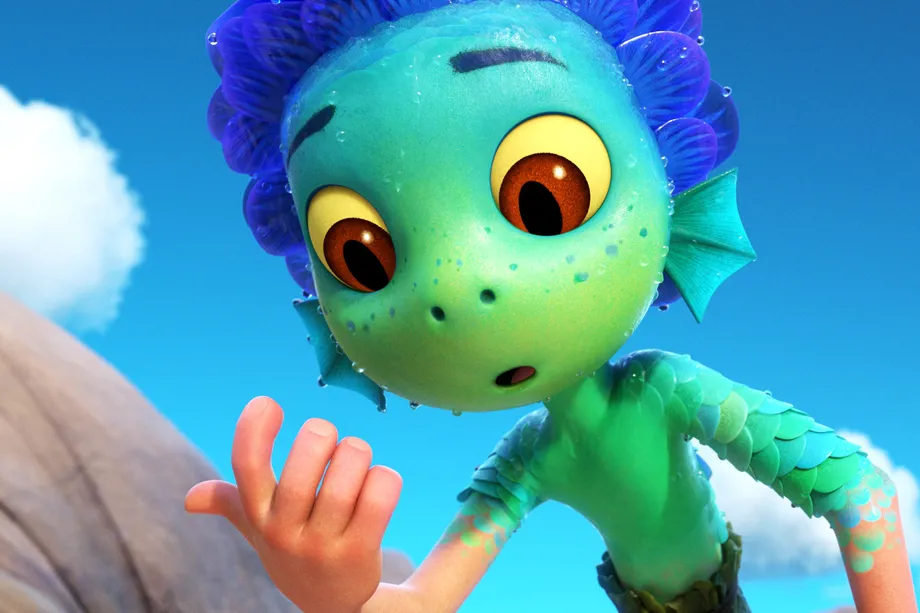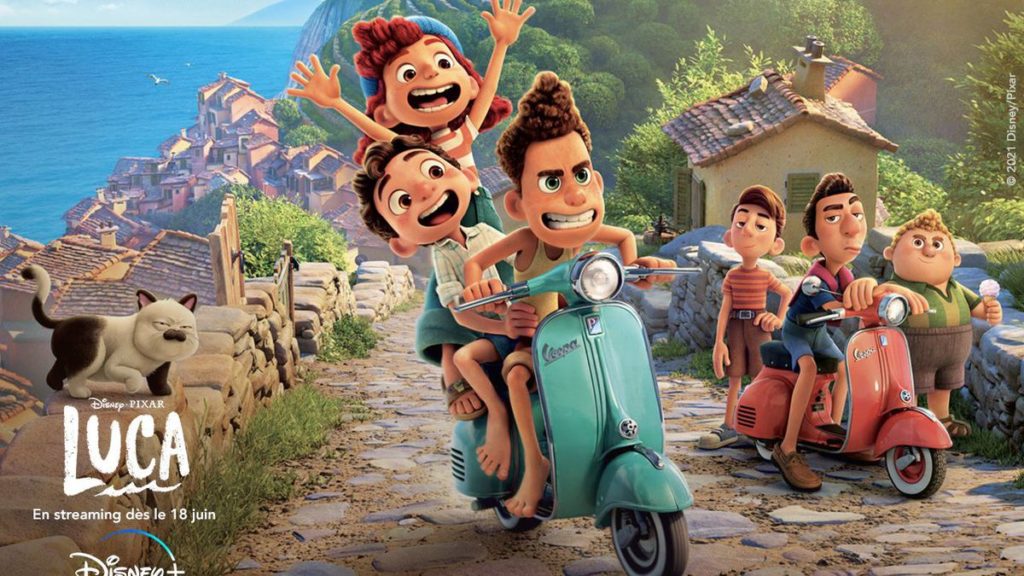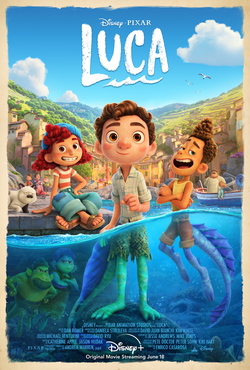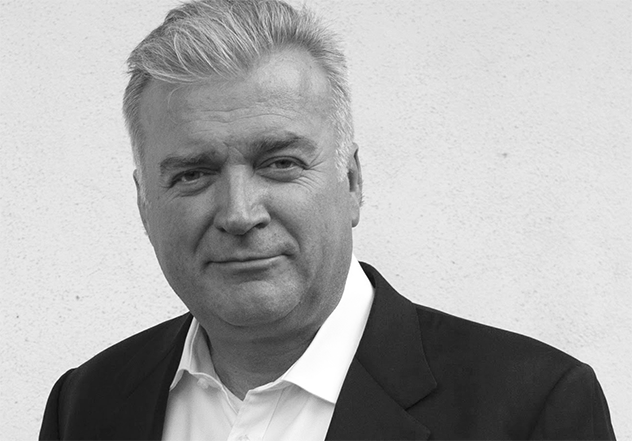Having a six and a half year old daughter comes with perks, one of which is watching movies together with mummy and daddy, especially movies with meaning for both children and adults.
Last night we watched “Luca” by Disney Pixar, and all three of us loved it!
Sure, I am biased because of the title, and because the movie has strong ties with Italy, the country where I am from.
Still, what I really enjoyed is the way difficult topics such as being different, having a difficult childhood, being a rebel to one’s family, facing a big challenge, creating a group of friends to overcome difficulties, and the fear of the unknown have been portrayed in the movie.
We can go anywhere, do anything… we just gotta stick together!
Luca Paguro
Luca is a sea monster, yet a sweet one, a young boy loved by his very protective family, who is growing up facing the challenge to know what is “up there”, above the surface of the water. And what is above the surface will surprise him, the moment he stops following what his parents told him. And will surprise you too!

Luca then meets Alberto, another fellow sea monster, and a friendship above and under water develops. And when they meet Giulia in the little coastal town, another friendship develops.
I am sure one can find many descriptions of the whole movie plot, so I won’t go beyond this. Yet, the movie touched me deeply, as many aspects were addressed in the movie, and only adult eyes and ears would notice them.
What I saw was this:
- Luca and Alberto were different, horrible sea monsters when seen as part of a collective group. Yet, when treated as individuals, they were sweet, tough, respectful, fun, and dedicated to the task they were facing.
This is why at the end of the movie the fact that after all they were sea monsters did not matter much at all. They were Luca and Alberto, little boys with the world ahead of them, in spite of the tribe they were coming from or the type and color of their skin. A great allegory on racism, which “is the lowest, most crudely primitive form of collectivism”, as the great Ayn Rand wrote in her memorable 1963 essay aptly titled “Racism”. - Luca has always followed parental advice, and has never gone up to the surface, in spite of being very tempted to see how the “human monsters” look like. Yet he is curious, and when the unexpected happens, he finds himself going beyond what his parents told him NEVER TO DO. Those of you who are parents know really well what I am talking about! It’s the balance between caring for your children so much to keep them too close to you, and pushing them to face the unknown, when ready. And Luca was definitely ready!
- Luca and Alberto are facing the unknown, and are scared to death in many occasions, and yet they keep on going, in spite of the difficulties and uncertainty. The movie is a testament to “grit” and hope for a better future. It really made me think back to the book “Grit” by Angela Duckworth.
- Luca and Alberto have highs and lows, and their friendship is at times in deep trouble. Yet Alberto is there to help Luca when needed, and Luca takes courage to help Alberto, in spite of the uncertainty related to showing the “true colors” of who they really are. The movie is about the importance of friendship between people from the same tribe and skin color, that is, the same “identity”.
- Yet Luca and Alberto become great friends with Giulia and with her father Massimo, who in the end is the person with the courage to step up to the screaming tribal thugs, and to treat the two sea monsters as individuals, and not as members of a different collective. The movie is about the importance of new friendships beyond our immediate circle, which are typically those who enrich us the most.
Some people, they’ll never accept him. But some will. And he seems to know how to find the good ones.
Grandma Paguro
I have spoiled enough the movie I am afraid, and I encourage everyone to watch it, especially if you know a bit about Objectivism, as this viewpoint will allow you to read between the lines a whole lot more.
Let me reassure you that even if you don’t have a six year old child, you will enjoy the movie quite a bit, even if you have never ever been on a Vespa!
Of course I have, as riding Vespas was an integral part of being a teenager during the 1980s…




